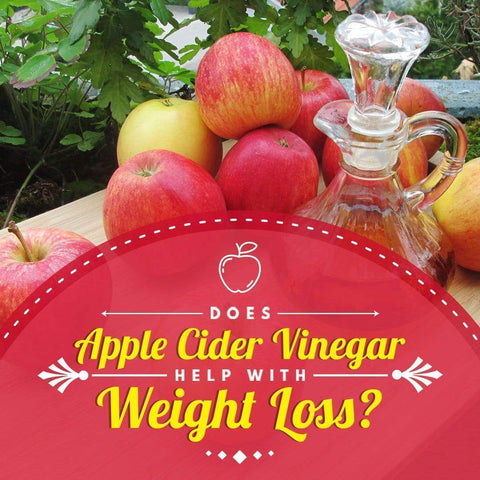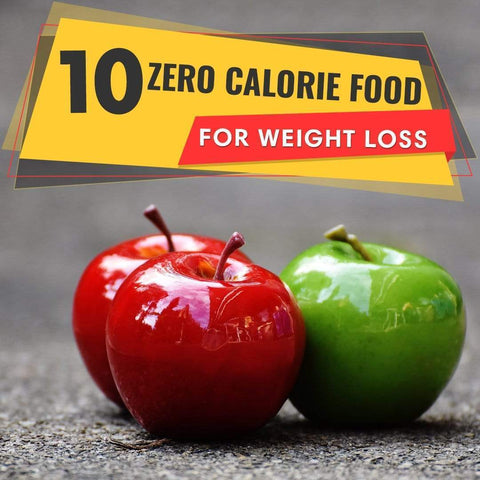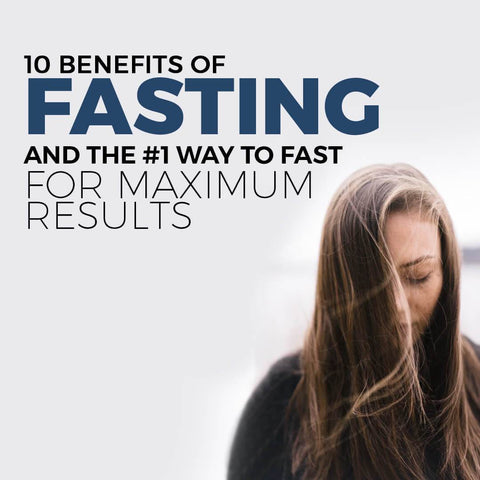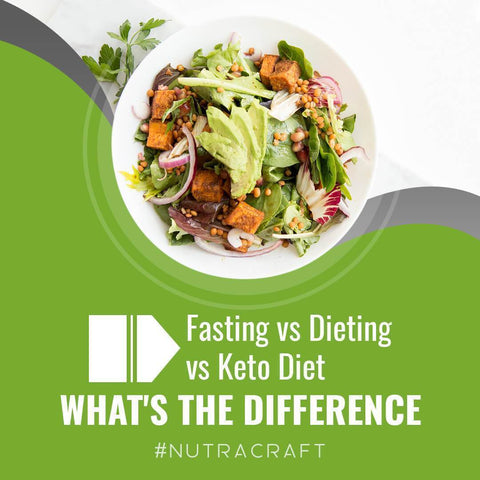
Fasting and the Ketogenic Diet are two of the most popular diets and healthy eating trends. Their promise of long-lasting results based on extensive research make them far more reputable than the fad diets that come and go.
As with any diet, there are many misconceptions regarding both fasting and the keto lifestyle.
- “Can I eat less instead of fast?”
- “Will eating less reduce weight?”
- “How is dieting different from the keto diet?”
Let’s walk through the basics of fasting and the ketogenic diet, and how they differ from conventional diets, involving portion control and caloric restriction.
What Is Fasting?

For those who aren’t aware of the principles of fasting, it’s easy to imagine a person who is fasting isn’t eating for a few days in a row. Fasting is actually just the absence of food for a certain amount of time.
You can actually fast every day for around 12-16 hours and experience the wonderful benefits of fasting. Keep in mind that this fasting period actually overlaps with sleep. This type of fasting, often called intermittent fasting or time-restricted eating, is actually quite manageable for most people.
Imagine waking up and having your first meal al 9:30 a.m., then finishing your last meal at 7:30 p.m. This 10-hour window of eating means that you get a 14-hour window of fasting, every single day!
The main principle of fasting is to have a continuous period of time without eating in order to give your body a sufficient break from all of the chemical processes that occur when we eat. As soon as the body intakes any food, the digestive system is activated, hormones are released, the pancreas gets to work producing insulin, and much more. The body benefits greatly when it has a break from all of these processes, when it can relax in a rest and repair state.
How Fasting Affects the Body, Brain, and Blood Sugar Levels

1. Fat Loss
One of the most popular benefits of fasting is that most people experience fat loss and increased muscle mass. Upon fasting regularly, a hormone called HGH increases which allows the body to more effectively form muscle and lose fat.
2. Normal Insulin Levels
Each time you eat, the pancreas releases insulin and works to bring sugar from the blood to the cells. Giving the body a break from food through fasting has been shown to normalize insulin levels [1] and reduce insulin resistance.
3. Improved Cognition
With normalized blood sugar also comes improved cognition, mental clarity, and memory [2]. The brain functions optimally when blood sugar is leveled. Blood sugar that is too high or too low can cause fatigue, brain fog, anxiety, and other cognition issues. Balancing blood sugar levels is one of the most important things a person can do to improve their overall health, and research shows that fasting is a key component of this.
What if I Just Eat Less?
A very common question asked by those who are considering fasting is “Can I just eat less?”
A common misconception about fasting is that you actually eat less food. In a sense, some people may eat less food since they are less prone to snacking late in the day. However, with intermittent fasting, you are allowed to eat a normal day’s worth of calories, as long as you give the body a sufficient amount of time that you are not eating.
This is the difference between fasting and simply eating less. Most people feel better doing an intermittent fast when you can still eat plenty of food rather than a diet that restricts portions and calories.
Benefits of Fasting vs Eating Less
With calorie restriction, some people may experience benefits such as weight loss, however this isn’t always a long-term solution. The majority of people find that this type of dieting isn’t sustainable. Eventually it can lead to malnourishment and nutritional deficiencies.
Instead of focusing on the quantity of food, it is better overall to focus on the quality of the food you are eating. It is healthier to eat sufficient quantities of good quality food and simply limit it to a certain period of time rather than restricting calories.
Some benefits of fasting combined with a clean diet include:
- Weight loss 3
- Increased muscle mass
- Improved blood sugar levels
- Better mental clarity and cognitive function
- Increased energy
What Is Keto?
The ketogenic diet is a method of eating that promotes fat loss. After following the ketogenic diet for a long enough time, the body switches from burning carbohydrates as its main source of fuel to burning ketones instead.
The keto diet has been shown to promote fat loss because the body is burning its own fat for energy. Minimal carbohydrates are consumed which helps to normalize blood sugar levels 4 which also promotes fat loss.
How Is Keto Different From Other Diets?
There are endless diets out there, but the ketogenic diet actually has sufficient research to prove its efficacy. There are too many diets that promise results yet don’t have enough research to back them up. Most dieting protocols involve significant caloric restriction in order to put the body into survival mode and therefore promote fat loss. These diets, however, are rarely sustainable in the long run.
On the ketogenic diet, portions and calories aren’t restricted, but carbohydrates are. Ketosis is a natural process that occurs in the body when it is starved of carbohydrates, which in a sense creates similar results to restricting caloric intake. However, on the ketogenic diet, you can still eat a healthy quantity of food and ensure proper nutrient intake. When eating healthy, clean, whole foods on the ketogenic diet, there is a huge potential for health benefits.
Benefits of the Ketogenic Diet

There are many known benefits of the ketogenic diet. Some of the main benefits that people experience can include:
- Fat loss 5
- Balanced blood sugar levels
- Improved energy levels
- Reduced cravings
- Improved skin complexion 6
There are many more possible benefits to the ketogenic diet. I like to think of the ketogenic diet as more of a lifestyle since it is a sustainable way of eating to promote overall health and well-being.
The Best Tip for Any Diet
With any diet, whether it involves fasting, keto, or another method, my number one tip is to always eat whole foods in their natural state that are minimally processed. You can follow any diet guidelines, but if you are eating unhealthy foods that are simply low in calories but also low in nutrition, you won’t get the long-term results for health and wellness. Stick to healthy carbohydrates such as leafy greens and eat clean sources of protein and fat.









